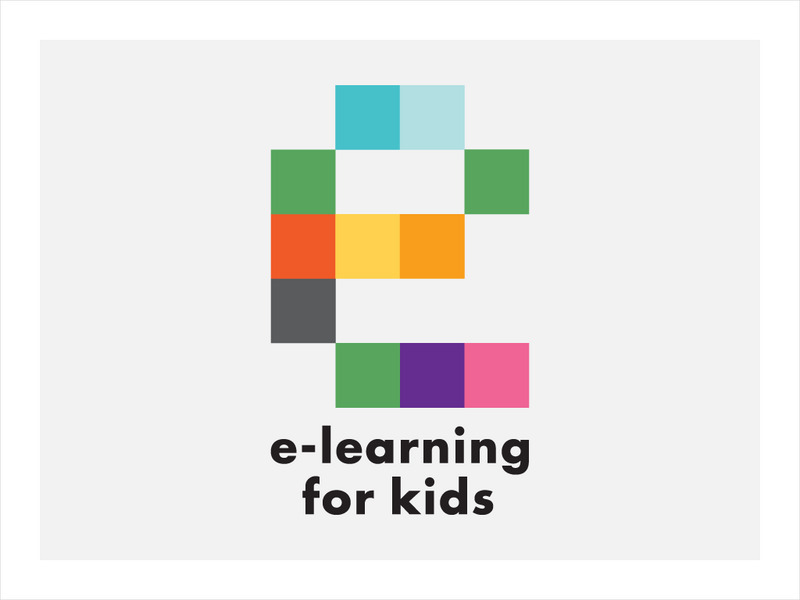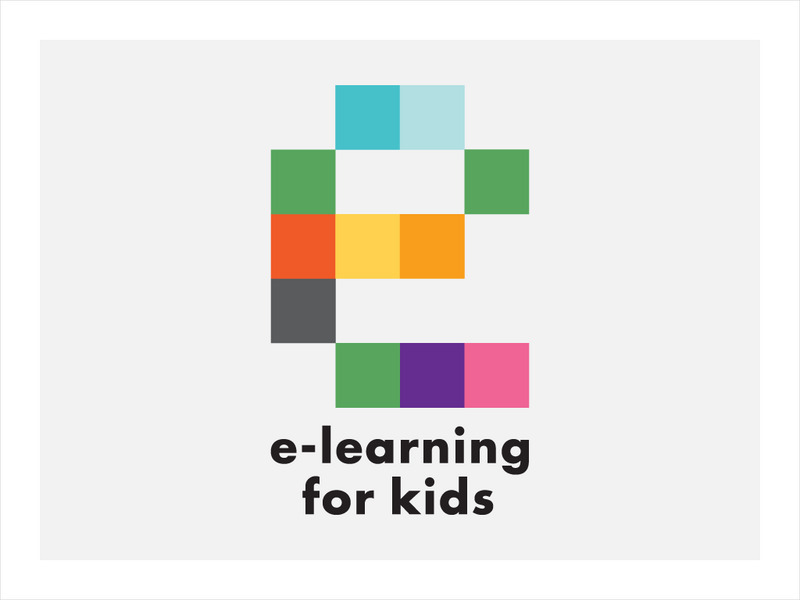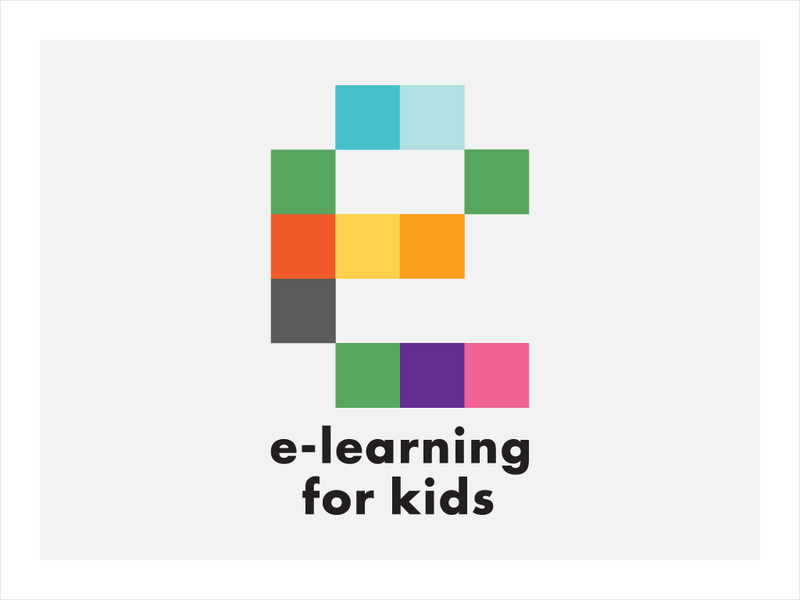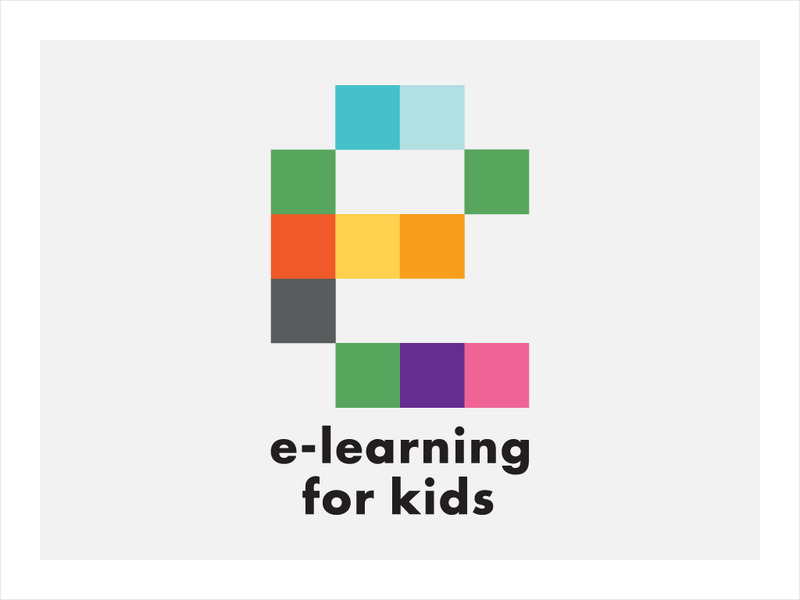Hi, what do you want to do?
Curated OER
Identifying Genre
In this identifying genre worksheet, 9th graders read the titles and descriptions of 15 stories, identify and write the genre and subgenre from the list provided.
Curated OER
Uncovering the Tales of Famous Explorers and Their Historical Expeditions
Students investigate various expeditions throughout history to new and or uncharted territories. They participate in groups in order to develop and produce television news magazine segments about some of these historical expeditions.
Curated OER
Lewis and Clark: The Language of Discovery
Students replicate some of the trailblazing methods of Lewis and Clark on a fifteen-minute "writing journey" through the school or neighborhood.
Curated OER
Animal Encounters
Young scholars use their visualizing and interpreting skills to produce original writings and artwork.
Curated OER
Stories of the Wrights' Flight
Students examine and compare primary and secondary source accounts of the Wright brothers' first flights on December 17, 1903.
Curated OER
Money Talks
Students move from fact finding to interpretation as they examine paper money from the time of the American Revolution. In the final exercise, they use the issue dates of the bills to construct a chronology of political changes during...
Curated OER
Pictures Telling Stories
Students see the importance of primary sources in the study of history, but also the limitations of relying only on primary sources of taking the money, as it were, at face value.
Curated OER
The Rocky Shore
Students compare a realistic landscape painting with a photograph of the same place.
Curated OER
Letters from the Japanese American Internment
Students make deductions about life in an internment camp by reading and comparing letters written to Clara Breed. Along the way, they consider the advantages of looking at a historical event from the multiple points of view of...
Curated OER
Baga Drum
Students examine a Baga Drum in order to explore the history of the Baga people of West Africa. For this art history lesson, students recognize figures used in Baga Drum design that represent aspects of Baga culture. They also design and...
E-learning for Kids
E Learning for Kids: Science: Antarctica: What Is Position and Reference Point?
With all the snow and ice in Antarctica, it's easy to get lost. Help Tim find his way using a map and a compass.
E-learning for Kids
E Learning for Kids: Science: Antarctica: How Can We Hear Sounds?
James lives on Antarctica and loves the unique sounds he hears there. He is curious to know how it is possible that we hear sounds. Join him to help figure this out.
E-learning for Kids
E Learning for Kids: Science: Antarctica: How Are Sounds Useful to Us?
Paul is a researcher on Antarctica. The topic of his research is sounds. Identify which objects make sounds, and learn to recognize different sounds.
Other
Commonwealth of Antarctica: Classroom Antarctica
The focus of this site is Antarctica. Designed for fifth- through eighth-grade students, this site contains detailed lesson plans, learning activities, digital images, and links to related resources.
CommonLit
Common Lit: What Is Antarctica?
CommonLit.org is a wonderful resource to use in a Language Arts classroom. Each story or article is accompanied by guided reading questions, assessment questions, and discussion questions. In addition, students can click on words to see...
E-learning for Kids
E Learning for Kids: Science: Antarctica Research Center: Describe Different Weather Patterns
This module provides informational text about weather. Students will learn about precipitation and storm fronts. Students will also learn about different types of storms, including the following: hurricanes, cyclones, and typhoons.
E-learning for Kids
E Learning for Kids: Science: Antarctica/ What Are the Different Parts of the Universe?
In this lesson, students learn about objects in the universe, including constellations, planets, meteors, asteroids, and comets.
E-learning for Kids
E Learning for Kids: Science: Antarctica: Describe the Life Cycle of Stars
Discover the stars with Peter. At his mom's research center, help Peter learn constellations and learn about characteristics of stars.
E-learning for Kids
E Learning for Kids: Science: Antarctica: What Is Distance?
Help curious Matt find out everything there is to know about determining distances.
E-learning for Kids
E Learning for Kids: Science: Antarctica: Penguins: What Is Motion?
What do you know about Emperor penguins? Ernie is researching them and their migration across the continent.
E-learning for Kids
E Learning for Kids: Science: Antarctica: Which Types of Sounds Do You Know?
For this lesson, students learn about the five senses, identify objects that make sound, and take a fun fact quiz at the end.
E-learning for Kids
E Learning for Kids: Science: Antarctica: When Were Cells First Discovered?
Students learn about the parts of a cell and how they were first discovered. Includes a fun fact quiz at the end.
E-learning for Kids
E Learning for Kids: Science: Antarctica Research Center: What Do Cells Do?
For this lesson, students learn about the specialization of cells to perform different functions, and how they are organized into tissues and organs in the human body.
E-learning for Kids
E Learning for Kids: Science: Antarctica: How Are Living Things Described?
Learn about the different levels of organization in living things, from cells to organisms.




























